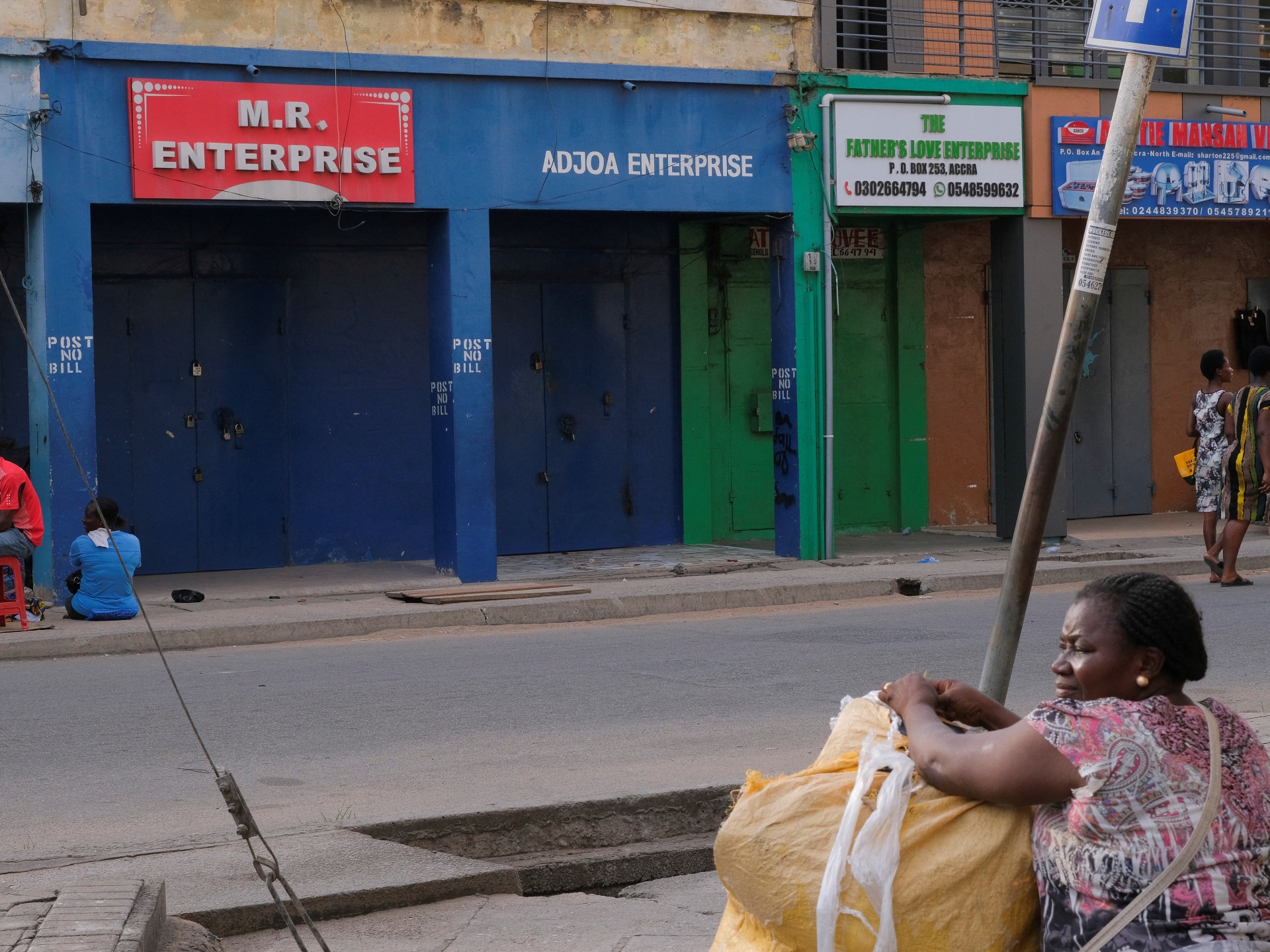Ghana is in talks with the International Monetary Fund for a support package to help relieve its debt distress.
Ghana’s parliament has narrowly approved the proposed 2023 budget, overcoming resistance from opposition lawmakers over the inclusion of a debt exchange programme and increased value-added tax.
The budget of the cocoa, gold, and oil-producing nation, which is facing its worst economic crisis in a generation, was approved on Tuesday.
Finance Minister Ken Ofori-Atta proposed a budget last month that aimed to narrow Ghana’s cavernous deficit with spending cuts and new revenue-generating measures. It also included a domestic debt restructuring programme.
The country will freeze the hiring of public and civil servants and extend a moratorium on government car purchases and non-essential travel in order to tackle a spiralling debt crisis, finance minister Ofori-Atta said at the time. He did not offer any cuts to spending on flagship programmes, however, and detailed a range of wider infrastructure and social investment.
The West African nation’s debt amounts to more than 100 percent of its gross domestic product (GDP), and payments to service that debt regularly range between 70 percent and 100 percent of government revenue.
Ghana is in talks with the International Monetary Fund for a support package to help relieve its debt distress, and hopes to secure a staff-level agreement in the coming weeks.
Votes in favour of the budget fell neatly along party lines.
Opposition lawmakers criticised plans to restructure Ghana’s debt and increase consumption taxes without offering significant spending cuts.
Proponents of the budget argued that the public is already undertaxed, and that the country’s debt burden leaves them no choice but to restructure.
During a presentation detailing the restructuring strategy on Monday, Samuel Arkhurst, Ghana’s treasury and debt management director, said the budget’s finer details would need to be revised following the debt exchange’s launch later this month.
